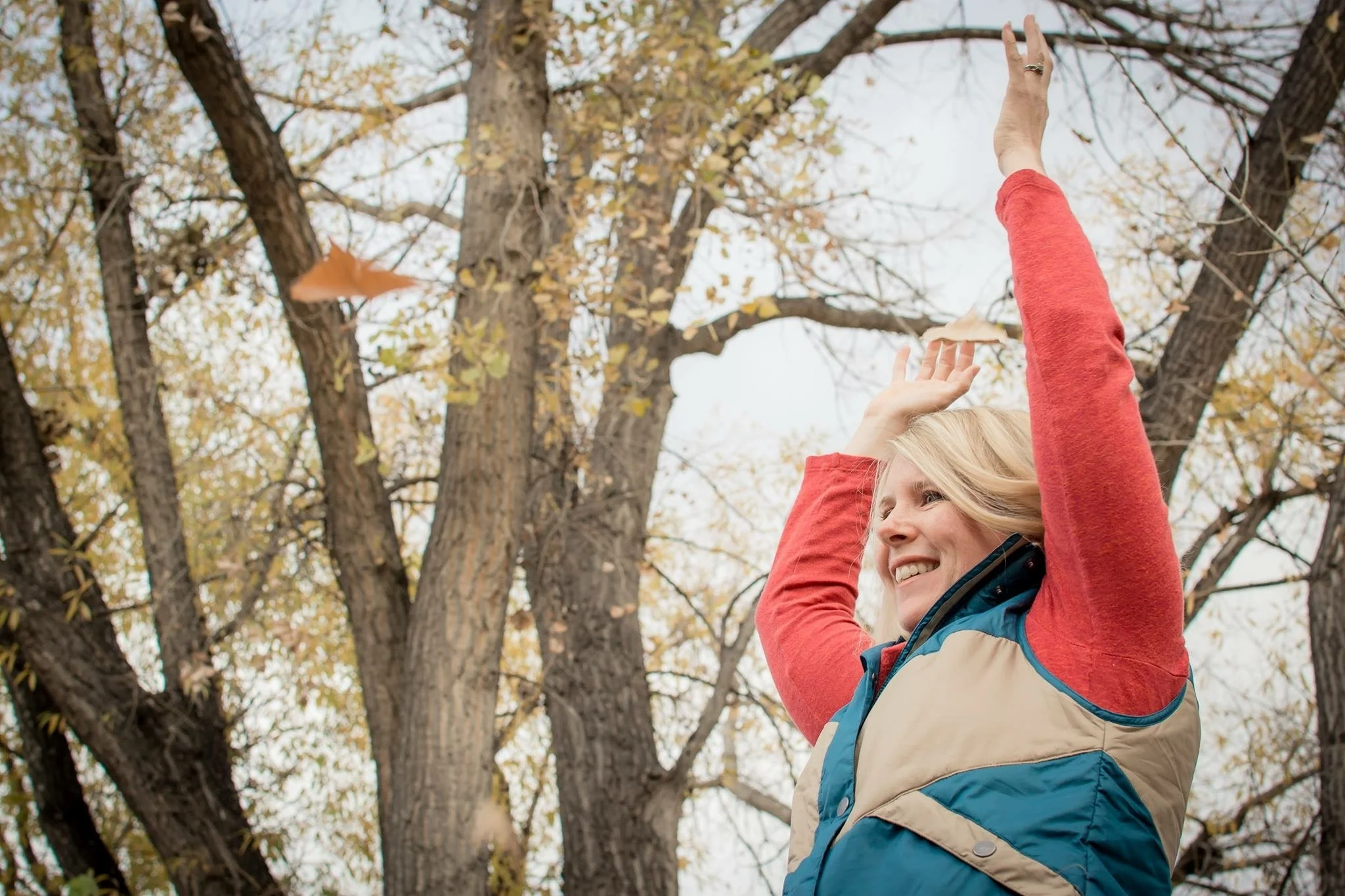When Please and Thank You Become a Lesson in Shared Humanity
/From potty training to people training, kids cause us to think through all the whys of what we do.
Tonight, as we left our favorite local pizza joint - me with a baby and a pizza in my hands and my boy carrying all of the accoutrements - someone was kind enough to hold the door for us. Because it means the world to a mom with her hands full, I thanked him and my son walked on through without a word.
I gently reminded him that if he feels grateful when someone holds the door for him, he can say thank you. He responded, “I just forgot.”
“It’s ok, we all forget sometimes.” And I went on to explain to him that we don’t say “thank you” because we’re supposed to or because it’s the polite thing to do. We say thank you to show our gratitude. We say thank you because holding the door for someone and offering a thanks in response is a simple exchange at the intersection of our shared humanity.
That guy who held the door for us - I don’t know how he voted or what he believes or if he’s pro-this or anti-that. None of that mattered in the moment. What I do know is that he saw someone who needed a little help and he stepped in. I also know that I felt grateful for the help. As Brenè Brown would say, “that’s what is true between us.”





